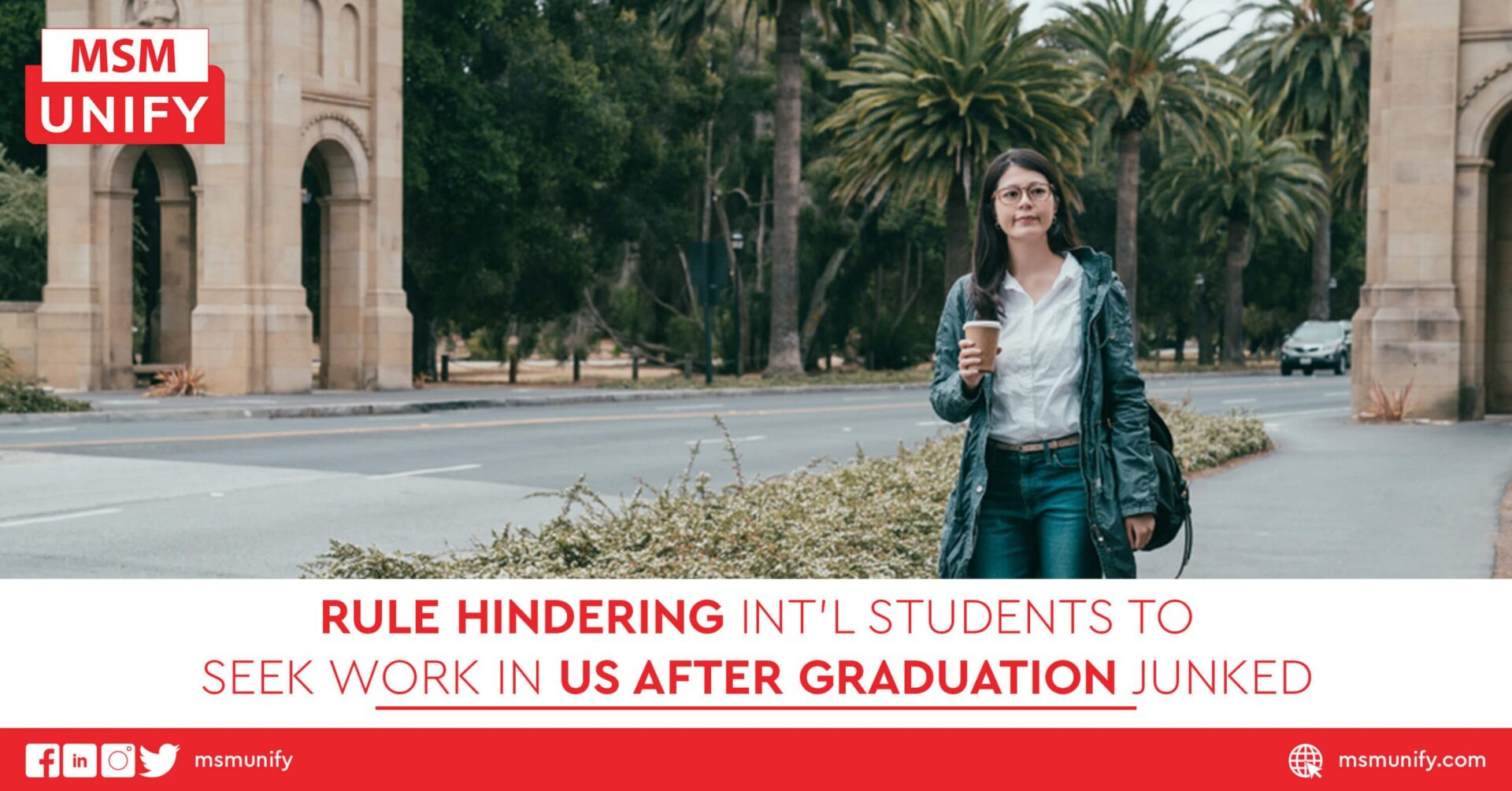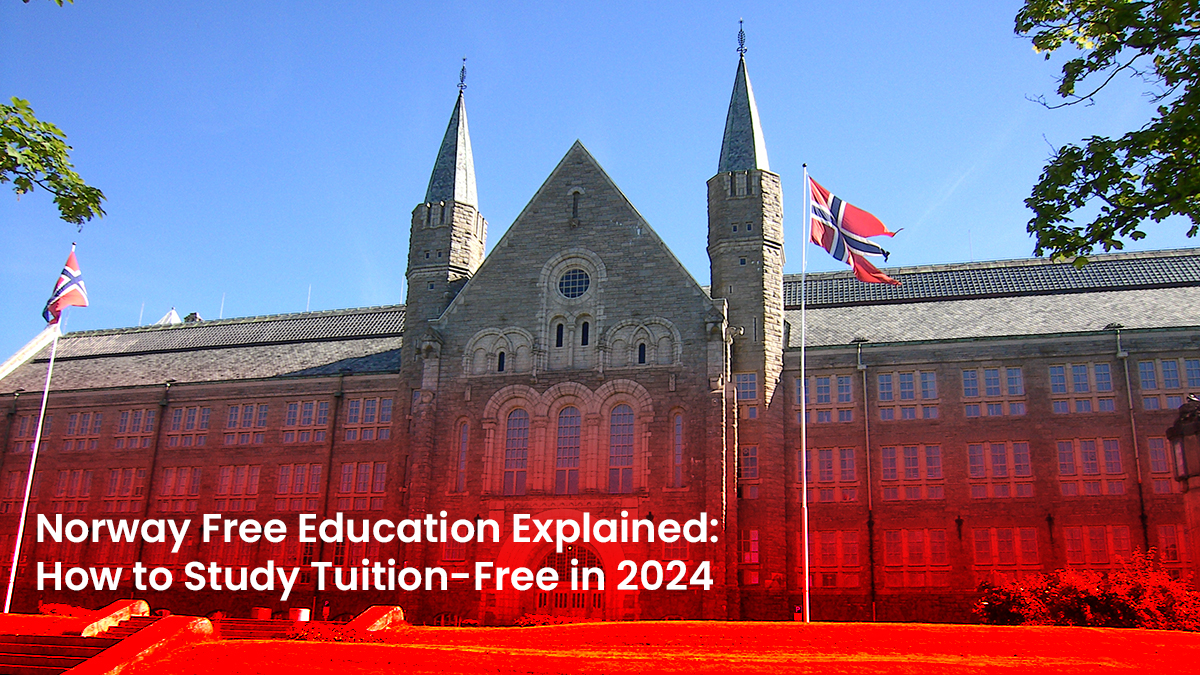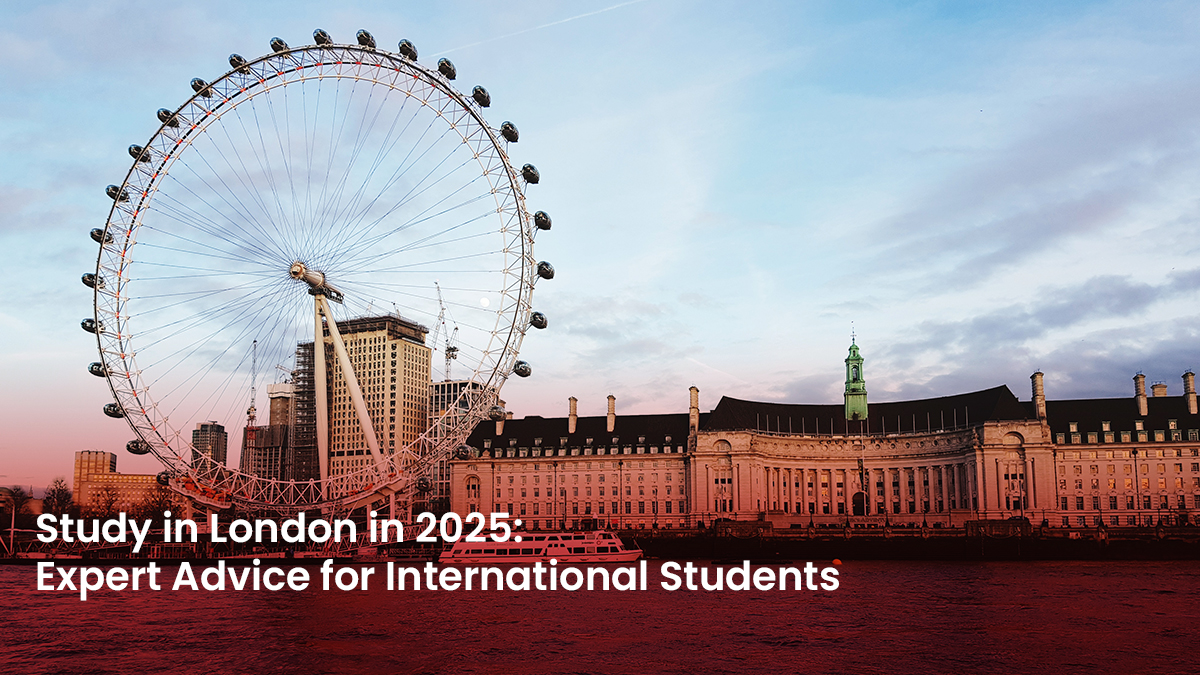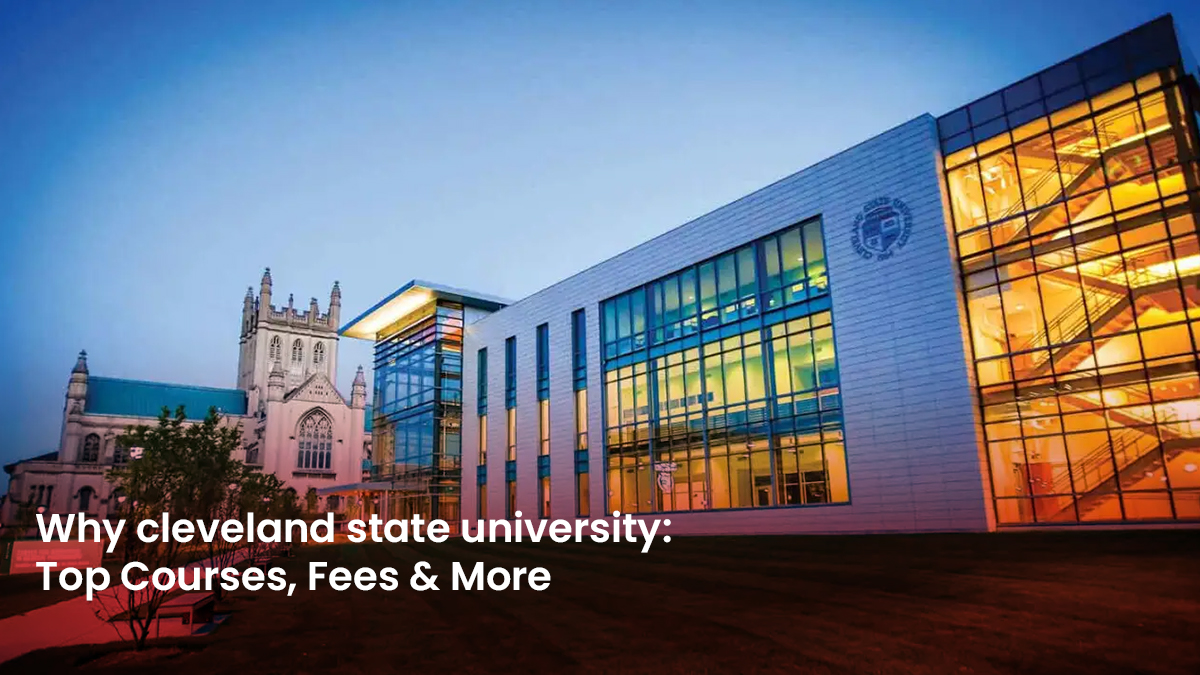Following the controversies that go alongside it, a contentious rule change that would have made it more difficult for international students to find work in the United States after graduation has been overturned.
The U.S. Department of Homeland Security has withdrawn a proposal that would have replaced the current lottery system with one that prioritized individuals with higher earnings.
Key Takeaways:
- A disputed rule change that would have made it more difficult for overseas students to obtain work in the United States after graduation has been overturned.
- A proposal to replace the current lottery method by the U.S. Department of Homeland Security has been withdrawn.
- H-1B visas are available to international students who desire to work in the United States following graduation.
International students who want to work in the United States after graduation can apply for H-1B visas. In 2017, 34,488 people switched from F-1 to H-1B visas.
The number of visas available to new applicants is limited to 85,000 each year. The visa is much desired by international graduates in the United States because it allows them to be temporarily employed by U.S. employers or companies once they finish their degree.
H-1B visas are employer-sponsored visas and are usually granted to foreign workers in specialty occupations.
It can be recalled that the U.S. Citizenship and Immigration Services (USCIS) has announced that the mechanism for obtaining H-1B visas will be modified to prioritize applicants with higher salaries.
The change was first applied under former President Donald Trump. However, the program has “been exploited and abused by firms primarily seeking to fill entry-level positions and decrease overall business costs,” according to USCIS deputy director for policy Joseph Edlow.
Instead of relying on an H-1B lottery for work authorization, the National Association of Foreign Student Advisers (NAFSA) maintains that international student graduates need a mechanism to access a path to green cards if they want to stay in the United States permanently.
In 2021, the USCIS received over 300,000 H-1B registrations for the fiscal year 2022. Despite the difficulties that the H-1B visa continues to face, the removal of the amendment is nevertheless positive.
MSM Unify is your one-stop source platform that connects students, higher education institutions, and agents in the US and worldwide. Sign up now to get the latest updates and information on international education.












